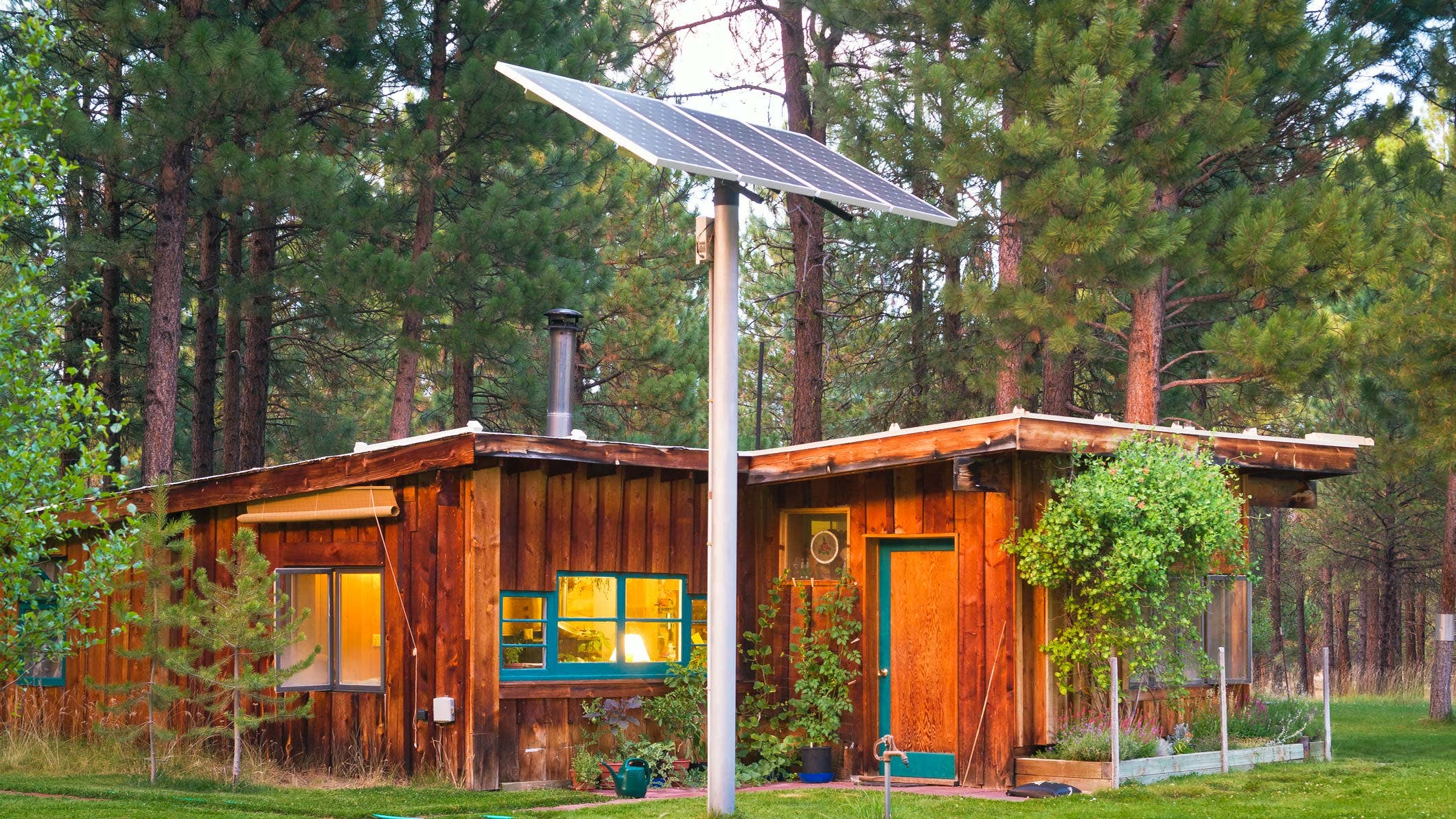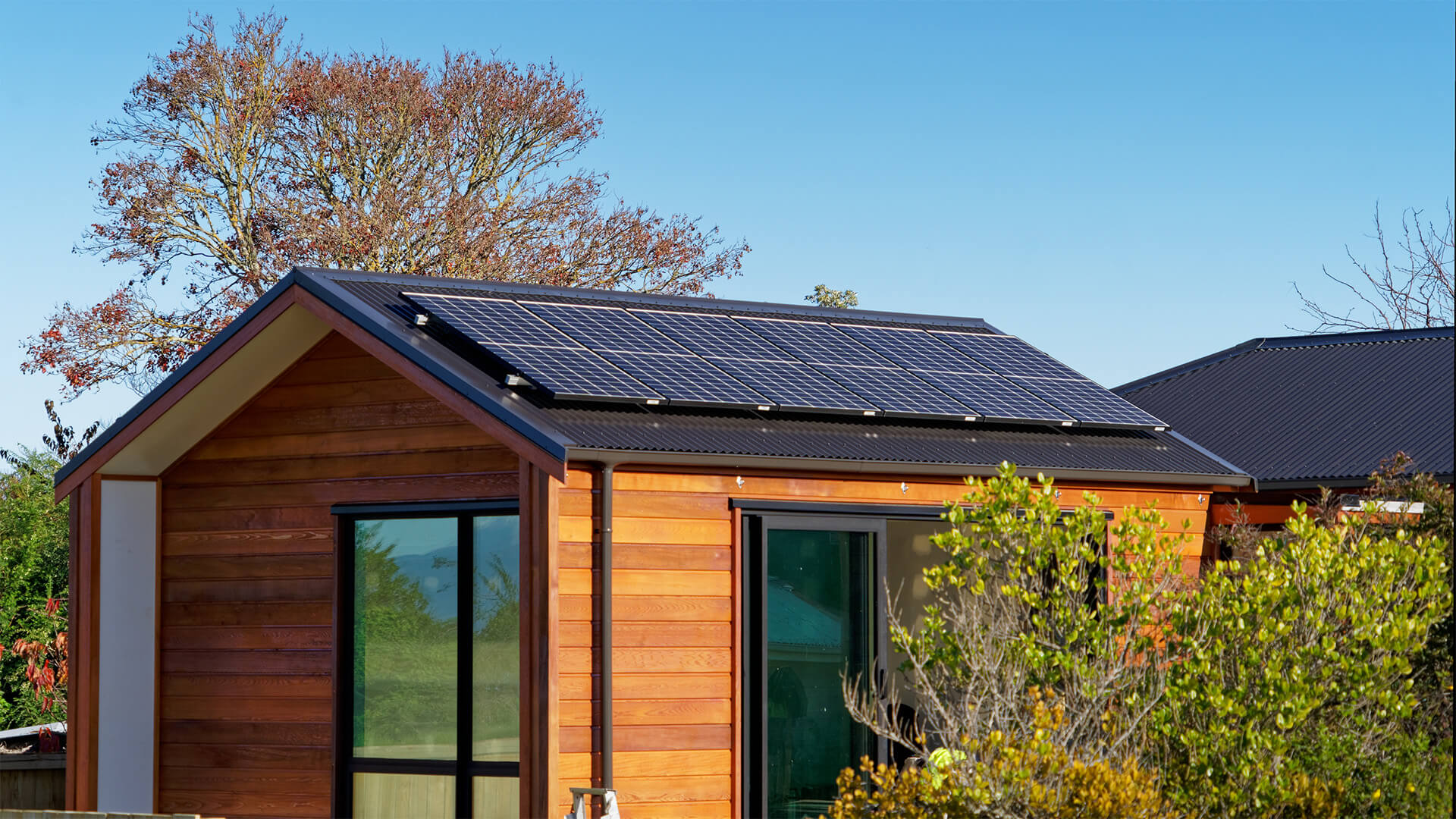Is it legal to live off the grid? This intriguing question has sparked debates and discussions, as more and more individuals seek alternative lifestyles that prioritize self-reliance and a connection with nature. Embark on a journey to unravel the legal complexities, practical considerations, and societal implications of living off the grid.
From understanding the legal implications in different jurisdictions to navigating property ownership and zoning regulations, we delve into the challenges and opportunities that come with establishing an off-grid residence. We explore the essential utilities and infrastructure required for off-grid living, examining renewable energy sources and alternative systems that empower self-sufficiency.
Legal Considerations
The legality of off-grid living varies depending on the jurisdiction. In some areas, it is legal to live off the grid, while in others, it is not. It is important to research the laws in your area before making a decision about whether or not to live off the grid.
There are a number of potential legal implications of establishing an off-grid residence. These include:
- Zoning laws: Zoning laws regulate the use of land in a particular area. In some areas, zoning laws may prohibit the establishment of off-grid residences.
- Building codes: Building codes set minimum standards for the construction of buildings. In some areas, building codes may not be applicable to off-grid residences.
- Health and safety regulations: Health and safety regulations may apply to off-grid residences. These regulations may include requirements for the provision of clean water, sanitation, and waste disposal.
There have been a number of legal cases related to off-grid living. In one case, a couple in Maine was fined $25,000 for living in an off-grid cabin without a building permit. In another case, a man in California was arrested for living in an off-grid cabin in a national forest.
Property Ownership and Zoning
Establishing a legal and secure foundation for off-grid living is paramount. Land ownership or a long-term lease agreement provides the necessary legal basis for constructing and inhabiting an off-grid dwelling.
However, zoning regulations and building codes imposed by local authorities can significantly impact the feasibility of off-grid living. These regulations determine permissible land uses, building standards, and setbacks, potentially restricting the construction of off-grid structures.
Obtaining Building Permits
Securing building permits for off-grid homes can be challenging, as they often deviate from traditional building practices. However, successful cases demonstrate the possibility of obtaining permits by adhering to local regulations, incorporating sustainable design elements, and working closely with local authorities.
Conversely, unsuccessful attempts highlight the importance of thorough research, understanding zoning restrictions, and seeking professional guidance to navigate the permitting process effectively.
Utilities and Infrastructure
Living off the grid presents unique challenges in accessing essential utilities like electricity, water, and sanitation. However, with careful planning and innovative solutions, these challenges can be overcome.Renewable energy sources play a crucial role in off-grid living. Solar panels, wind turbines, and micro-hydro systems can generate electricity independently of the grid.
Water can be sourced from rainwater harvesting, wells, or natural springs. Biogas digesters can convert organic waste into methane gas for cooking and heating.
Discover the crucial elements that make sustainable tourism courses the top choice.
Waste Management
Off-grid communities must develop sustainable waste management systems. Composting toilets, incinerators, and anaerobic digesters can effectively handle human waste. Solid waste can be recycled, reused, or disposed of through controlled burning or landfilling.
Transportation
Transportation can be a challenge in remote off-grid locations. All-terrain vehicles, horses, or bicycles may be necessary for mobility. Electric vehicles powered by renewable energy sources can also be an option.
Enhance your insight with the methods and methods of how to get off the grid with no money.
Communication
Communication can be limited in off-grid areas. Satellite phones, ham radios, and mesh networks can provide connectivity. However, internet access may be unreliable or non-existent.
Check solar energy kits for sale to inspect complete evaluations and testimonials from users.
Education and Healthcare
Education and healthcare can be accessed through homeschooling, online courses, and telemedicine. Community-based healthcare centers can provide basic medical care.
Self-Sufficient Off-Grid Communities, Is it legal to live off the grid
Examples of self-sufficient off-grid communities include:*
- Earthship Biotecture in New Mexico, USA: A community of sustainable homes built using recycled materials and powered by renewable energy.
- Findhorn Foundation in Scotland, UK: A spiritual community that emphasizes sustainable living and community cooperation.
Individuals Living Off the Grid
Notable individuals who have successfully lived off the grid include:*
- Dick Proenneke: A naturalist who lived alone in the Alaskan wilderness for 30 years.
- John Seymour: A British author and homesteader who pioneered self-sufficient living techniques.
Economic Implications: Is It Legal To Live Off The Grid
Living off the grid comes with financial considerations and costs, including the initial investment in infrastructure and ongoing expenses for maintenance and supplies. However, it also presents opportunities for cost savings and self-reliance.
Check what professionals state about whole home solar kit and its benefits for the industry.
Infrastructure Costs
Establishing an off-grid system requires substantial upfront costs, such as:
- Land acquisition
- Building construction or renovation
- Renewable energy systems (e.g., solar panels, wind turbines)
- Water collection and storage systems
- Waste management facilities
Ongoing Expenses
Once the infrastructure is in place, off-grid living involves ongoing expenses for:
- Maintenance and repairs
- Fuel or propane for backup systems
- Supplies (e.g., food, toiletries, building materials)
- Property taxes and insurance
Cost Savings and Self-Reliance
Despite the initial and ongoing costs, off-grid living can offer potential savings and increased self-reliance:
- Reduced utility bills (e.g., electricity, water, gas)
- Lower food costs by growing or raising your own produce
- Increased self-sufficiency and reduced reliance on external systems
Successful Business Models
Various business models have emerged to support off-grid living, such as:
- Off-grid consulting and design services
- Sale of off-grid equipment and supplies
- Ecotourism and sustainable living retreats
These businesses provide income opportunities for individuals seeking to live off the grid while also promoting sustainable practices.
Social and Community Aspects
Living off the grid involves substantial changes to social and community interactions. It presents both challenges and opportunities for individuals and communities alike.
One of the primary challenges is the potential for social isolation. Off-grid living often takes place in remote areas, far from established communities and social networks. This can lead to feelings of loneliness and a lack of access to social support.
Community Support and Cooperation
However, off-grid living can also foster a strong sense of community. In the absence of traditional social structures, residents of off-grid communities often rely on each other for support and cooperation. This can lead to the development of close-knit communities with shared values and goals.
Off-grid communities often organize social events, such as potlucks, work parties, and educational workshops. These events provide opportunities for residents to connect with each other, share skills, and build relationships.
Examples of Off-Grid Communities
Examples of off-grid communities include:
- Earthship Biotecture in Taos, New Mexico, USA
- The Farm in Summertown, Tennessee, USA
- Crystal Waters Permaculture Village in Queensland, Australia
These communities demonstrate the diverse social dynamics that can exist in off-grid settings, ranging from intentional communities with shared values to more loosely organized groups of individuals.
Conclusive Thoughts
The decision to live off the grid is a multifaceted one, influenced by legal, economic, social, and environmental factors. Whether driven by a desire for greater freedom, self-reliance, or environmental consciousness, it’s crucial to approach this lifestyle with a comprehensive understanding of the legal landscape, practicalities, and potential implications.
By carefully navigating the legal complexities and embracing innovative solutions, individuals can pave the way for a fulfilling and sustainable life off the grid.
FAQ Explained
Can I live off the grid anywhere I want?
The legality of off-grid living varies by jurisdiction. It’s essential to research local laws and regulations before establishing an off-grid residence.
Do I need to own land to live off the grid?
Land ownership or a long-term lease agreement is typically required for off-grid living. Securing land access is a crucial step in planning an off-grid lifestyle.
How can I obtain electricity and water off the grid?
Renewable energy sources, such as solar and wind power, are popular options for off-grid electricity generation. Water can be sourced from rainwater harvesting, wells, or nearby water bodies.



